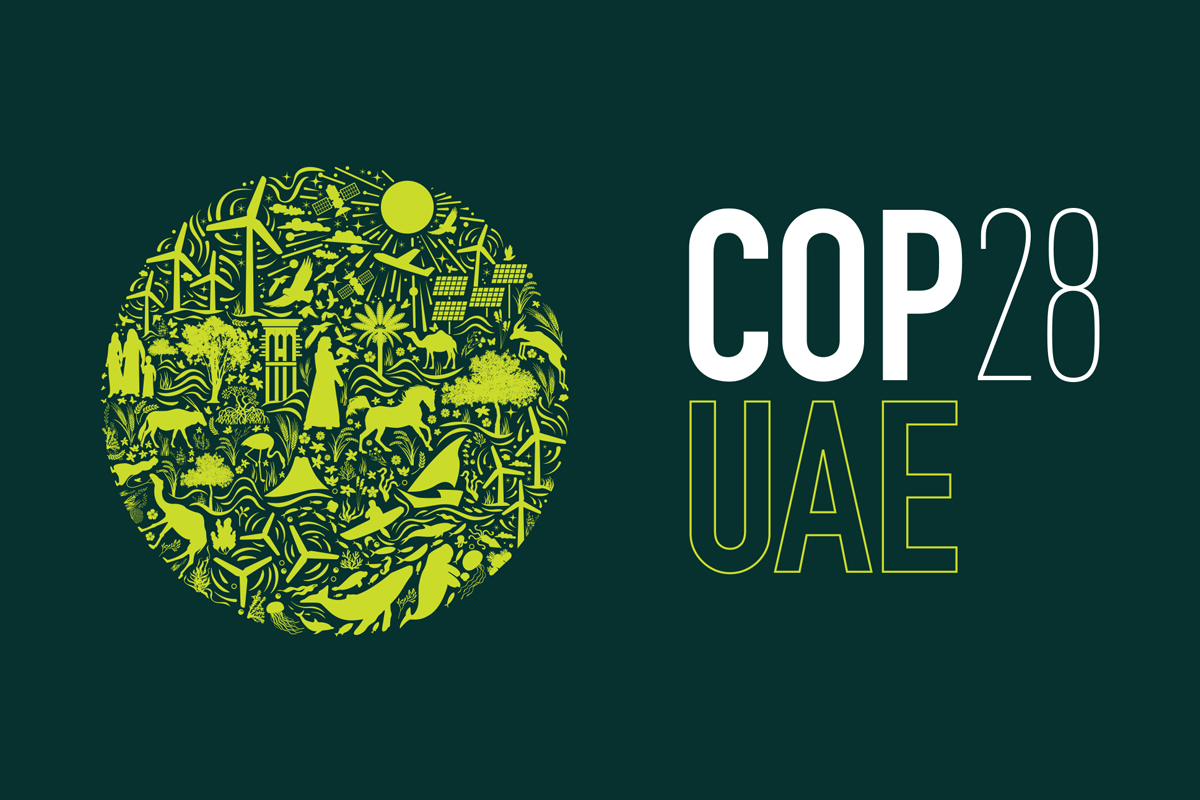Reading the breathless Green coverage of the soon-to-be COP 28, the UN conference on climate change (CFACT is on the way!), I noticed a fundamental fallacy occurring endlessly. The analysts seem to assume that decision-making is democratic, such that what you need to pass a rule is a majority vote along the lines of Congress or Parliament.
The reality is extremely different. Every member Country has veto power. This dramatically changes what is possible. The analysts consistently miss this, especially by talking about possibilities that are, in fact, impossible.
A good example is a recent Washington Post article discussing the possibility that COP 28 will adopt a decision calling for the phasing out of not just coal but all fossil fuel use. They correctly report that some countries are all for this while others are strongly against it.
The presently crazy Biden U.S. is for it despite being the world’s biggest per capita user of fossil fuels. Russia is sanely against it as fossil fuel exports are their primary revenue source.
It is then consistently reported as a maybe yes, maybe no situation, like Congress debating a controversial Bill. The obvious reality is that absent a miracle, this measure has no chance whatsoever. It is, as the saying goes, dead on arrival.
An even better example is the ridiculous proposal from France and, again the U.S. that the member countries all agree to, somehow, stop the private financing of coal-fired power plants. Given that China and a number of big developing countries are betting their electrical future on coal this is clearly nothing more than political posturing. Even a miracle could not save this nonsense. But it is dutifully reported and analyzed as a real possibility. At least it is here in America and likely in France, too.
Wishful COP 28 thinking is not news nor analysis, but it fills the pages. The reality is that none of these big-ticket issues that we read so much about have the slightest chance of happening.
The one big issue where something might actually happen is loss and damage. But it will be small, hyped as huge.
Recall that at COP 27, there was reported to be a great advance, creating a Loss and Damage Fund. This is where the developed countries will pay the developing ones something toward their supposedly climate-caused losses and damages: crop losses and food damages, for example.
In reality, all that was created is a name, an idea if you like. A Committee was established to give, or at least propose, form and substance to this nebulous idea. That has not happened because the issues are overwhelming. After all, every county gets bad weather. The U.S. has said it will donate millions of dollars while developing countries are talking trillions.
However, this loss and damage concept is so vague that there is room for moving forward without being so specific or dangerous, that we start getting vetos.
For example, they might agree on where this little fund will be established. This is presently controversial but probably not a deal breaker because the developing countries want to see money moving.
Or they might all agree that the first, small funds go to the Least Developed Countries or maybe to the poorest Small Island States. This is a feel-good first step that makes the fund real. It carefully avoids the issue of who gets how much of them trillions.
This is how COP diplomacy works. Find little steps that everyone is willing to allow while pushing the big issues down the road. Then, report these small steps as big breakthroughs. Of course, there is truly serious green stuff going on, but that is at the national level. COPs are just a carnival.
So, as you watch yet another COP play out, keep in mind that the grand schemes endlessly reported and analyzed at great length are going nowhere fast. Full of sound and fury, signifying nothing. Or as they say in Texas, all hat, no cattle.
Be amused, not angry.
Stay tuned to CFACT for jovial coverage of the COP 28 circus.
